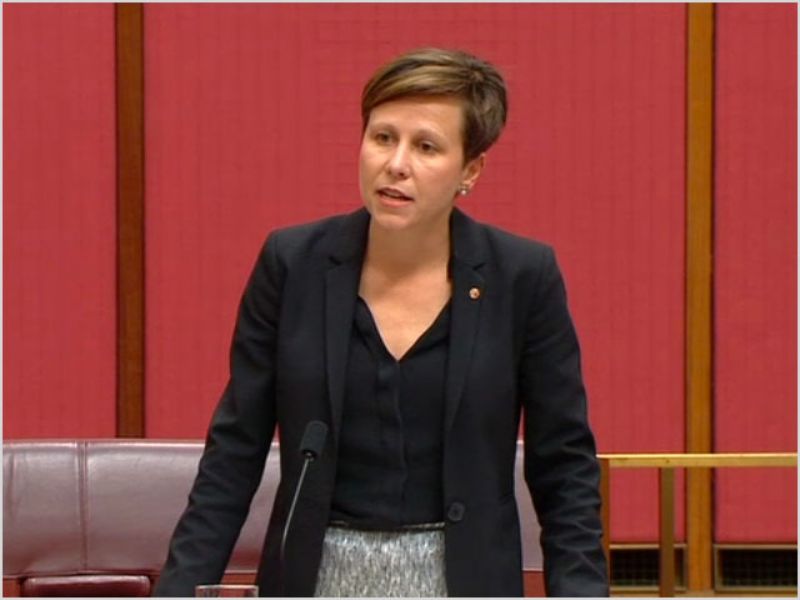The bipartisan Senate Committee probing foreign interference through social media has asked to continue in the next Parliament the work it started more than two years ago.
The Select Committee on Foreign Interference Through Social Media also urged the government to adopt the recommendations from its interim report.
Several of the recommendations relate to election integrity and were intended to prevent a large-scale, coordinated attack during the current campaign.

The Select Committee was established by the Senate in late-2019 but says it was unable to complete its work, including a final report, because of the prorogation of Parliament and the election.
It’s interim recommendations came with a warning it was “possible, if not likely” that Australia will face a large-scale, coordinated attempt at foreign interference on social media, and significant action is needed now to mitigate this risk.
The Committee found Australia lacks the institutional architecture to respond to these threats, and reporting mechanisms in place for social media firms are inadequate, in its interim report.
It recommended the government delegate a lead accountability for cyber-enabled foreign interference to a single entity in government, establish “appropriate, transparent and non-political institutional mechanisms” for dealing with interference in elections and direct the Election Integrity Assurance Taskforce to undertake an audit to assess capability relevant to assessing disinformation before elections.
The recommendations did not receive a formal government response and the Committee ended when Prime Minister Scott Morrison called the election last month.
But the Committee’s chair, Labor Senator Jenny McAllister, wrote to the Senate President asking for the Senate to consider re-establishing the committee in the next Parliament and grant it access to the documents and evidence it had collected in the last Parliament.
This would allow the Committee to complete its inquiry and provide a final report, Senator McAllister said, adding the government should still adopt the interim recommendations.
“The past three years have seen a global pandemic, numerous contested elections overseas, and armed conflict in the Ukraine. Each of these events has changed our understanding of what foreign interference through social media may look like, and the types of tools and responses we have available,” she wrote.
“Cyber enabled foreign interference is not a static policy target. It requires constant action to ensure that government policy responds to an ever-evolving set of threats and prerogatives.”
The Select Committee on Foreign Interference Through Social Media received 46 submissions and held four public hearings across 2020 and 2021.
Do you know more? Contact James Riley via Email.

